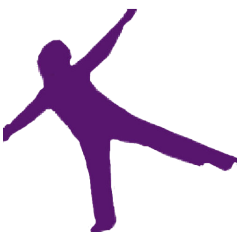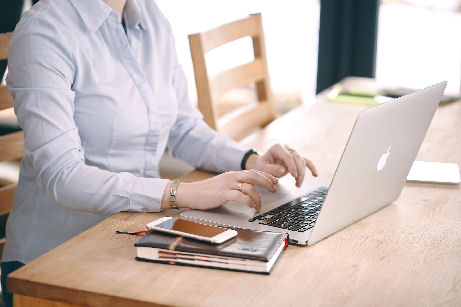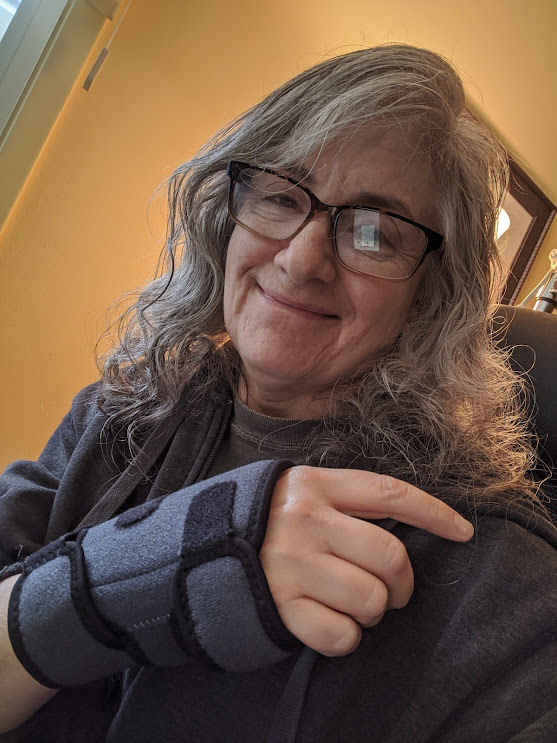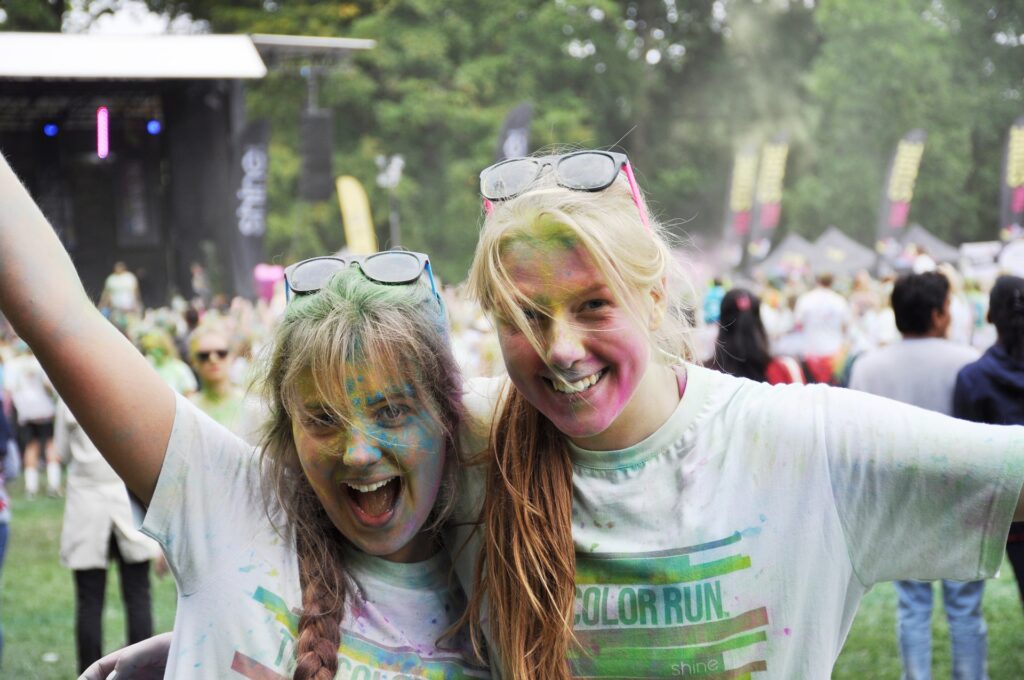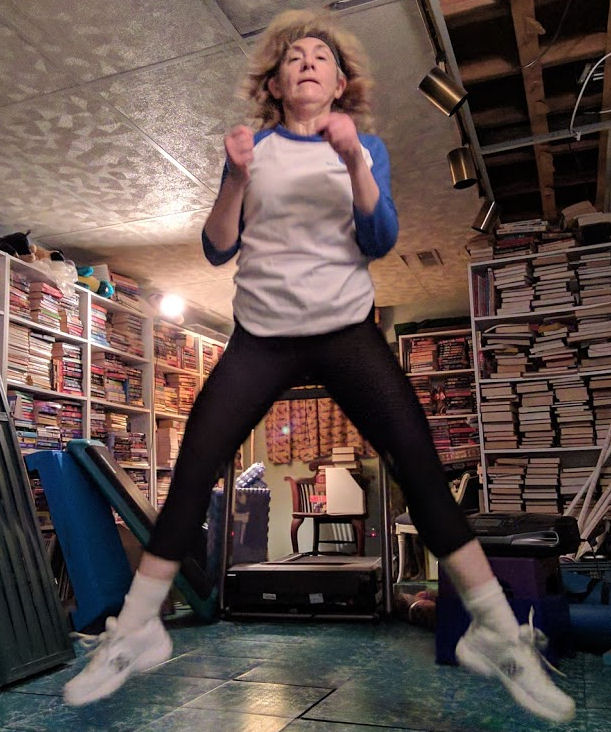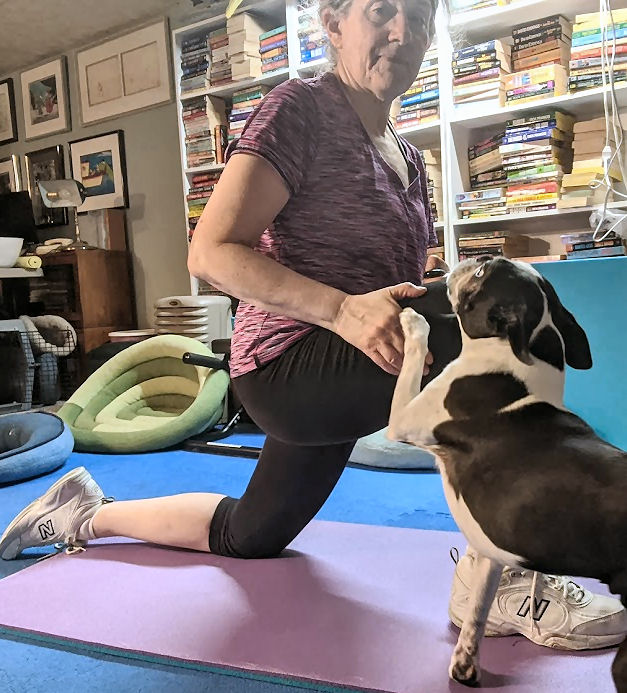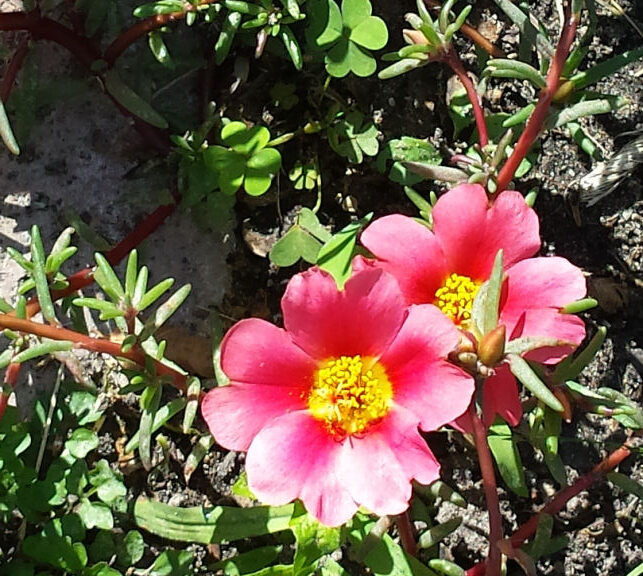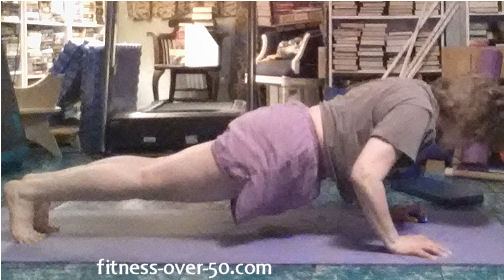It doesn’t matter what anyone else is doing. Really. Everyone has their own stuff that they’re going through. And you probably don’t enter into the equation. As I’m writing this, today has been a frustrating day. Internet issues, financial institution frustrations, dog training problems. It seems like most things that can go wrong have. I work with my sister – our desks face each other. Our monitors are back to back. I’m having my issues and she’s having hers.
The important things get done
Sometimes I’m a little hesitant to work on certain things during the business day because they don’t contribute to our shared businesses. It doesn’t matter that I’ve done the tasks on those businesses that I’ve set out to do for the day, I’m still hesitant. Stupid, but there you are.
She knows, though. And, you know what? It doesn’t matter. There will always be more to do. Today? The crucial tasks are completed. Tomorrow is another day for the rest of the stuff.
She’s got her own stuff
My sister doesn’t care. She’s got her own stuff to deal with.
And if I’m focused on what others are thinking about me, I’m not getting anything productive done. Nothing on that to-do list is getting checked off. That article is not getting written. The website changes I wanted to make are not getting done. I need to focus on what’s in front of me.
They don’t care
Just like exercising – if you’re at a gym, no one is watching you. Just about everyone feels self-conscious in their workout gear, even though some will never admit it. Everyone thinks that they look stupid doing some of the exercises. A while ago I wrote about this: “No one is watching” And it holds true for most areas of life.
People, unless they actively ask you to participate in it, are so busy with their own activities that they are not paying attention to others.
They don’t care what you’re doing. What video you’re watching. If you’re listening to a business podcast or a steamy romance audiobook. Unless they ask you a question and expect you to focus on them, they don’t care that much at the moment.
It’s natural that we care what others think
Of course, in the larger scheme of things, it’s totally natural that you care about what others think of you. People are social creatures. We want to be with others, and we want others to want to be with us. It follows that in order for others to want to be with us they care about us in some fashion, so we want others to think well of us. We want to do everything we can to foster our relationships and not alienate anyone.
But for the tiny minutiae of everyday life, no one cares that you’re watching a YouTube video and not doing a crossword puzzle.
So stop wasting time. Get the important stuff (or the distasteful stuff) done first and then figure out what’s important to you. Decide on the steps you need to take to get there, and do it. If today the thing that’s important to you is regaining your focus, go exercise (because exercise really does increase focus), decide on a plan and get to work.
